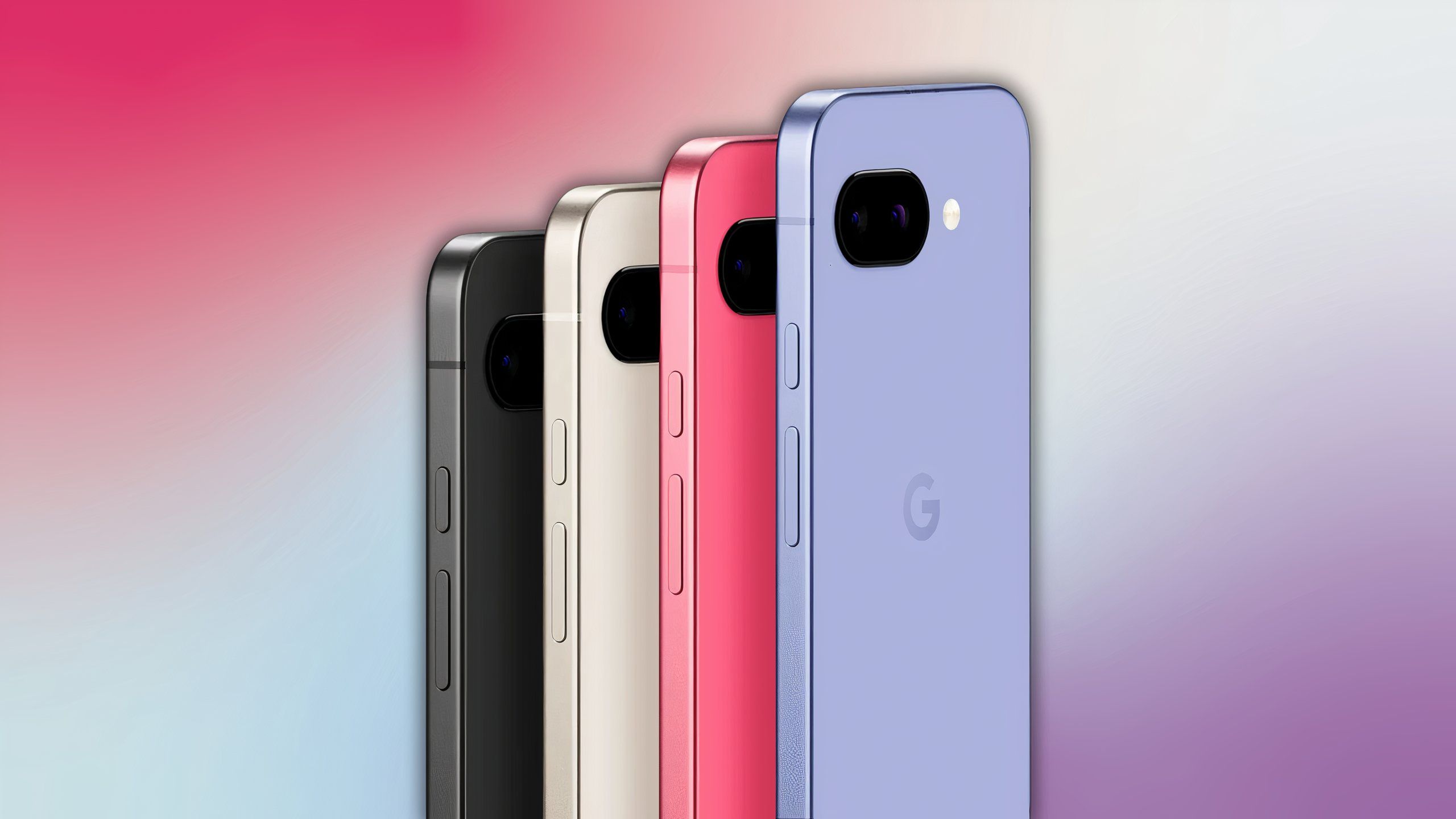Apple’s App Store payments being probed by antitrust regulator in India
Another antitrust probe into Apple’s App Store — this time in India.
What you need to know
The India Competition Commission (CCI) launched a probe into Apple’s App Store payment system.
The CCI has 60 days to finish its probe into the matter.
Probe is looking into Apple’s App Store payment system, commissions, third-party alternatives, and more.
The issue of Apple’s App Store requiring app developers to use Apple’s propriety payment system has drawn the attention of an antitrust regulator in India. The India Competition Commission (CCI) ordered an investigation into the matter to be completed within 60 days.
In a quote received by TechCrunch, the CCI has said it’s looking into excessive commissions imposed on developers that “restrict the choice available to the app developers to select a payment processing system of their choice especially considering when it charges a commission of up to 30% for app purchases and in-app purchases.”
The CCI began looking into the App Store when a complaint was filed by the non-profit group, Together We Fight Society. A claim that Apple argued should be dismissed because Apple is too small a player in India. The American company only holds about a 2% market share of the smartphone market in India.
In the order, the CCI said, “At this stage, it appears that the lack of competitive constraint in the distribution of mobile apps is likely to affect the terms on which Apple provide(s) access to its App Store to the app developers, including the commission rates and terms that thwart certain app developers from using other in-app payment systems,”
This new probe in India is just the latest in a stream of antitrust actions that have been targeting Apple and other tech companies, like Google, for a while now. Just two months ago, Russia opened an antitrust case against Apple over App Store payments. And, of course, the high-profile lawsuit between Epic Games — Fortnite developer — and Apple was largely around the App Store’s commission on sales through in-app purchases.






